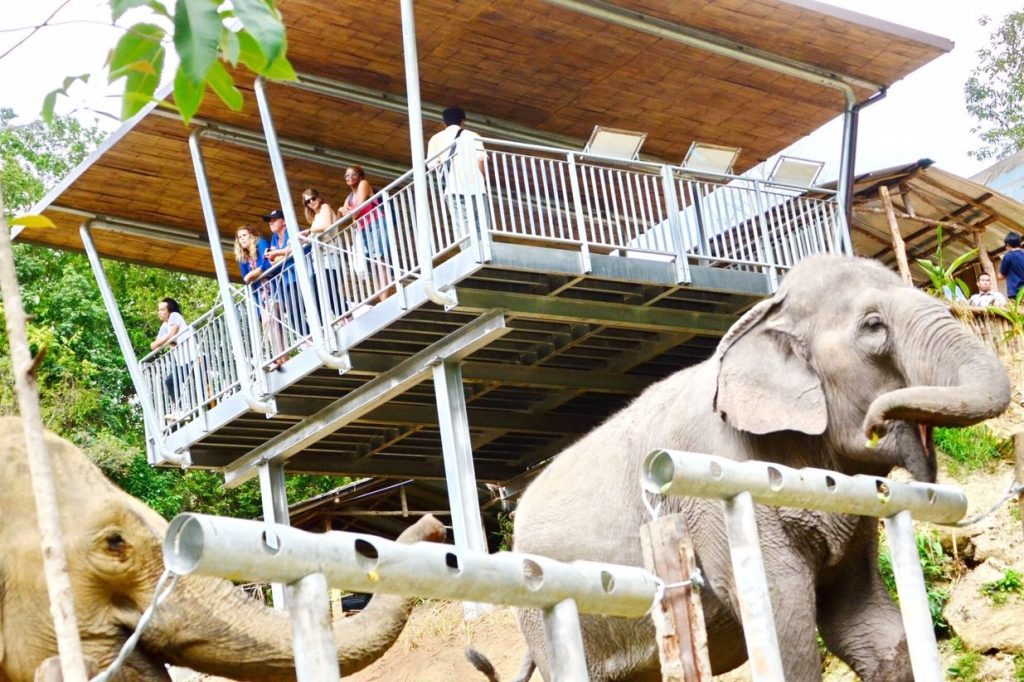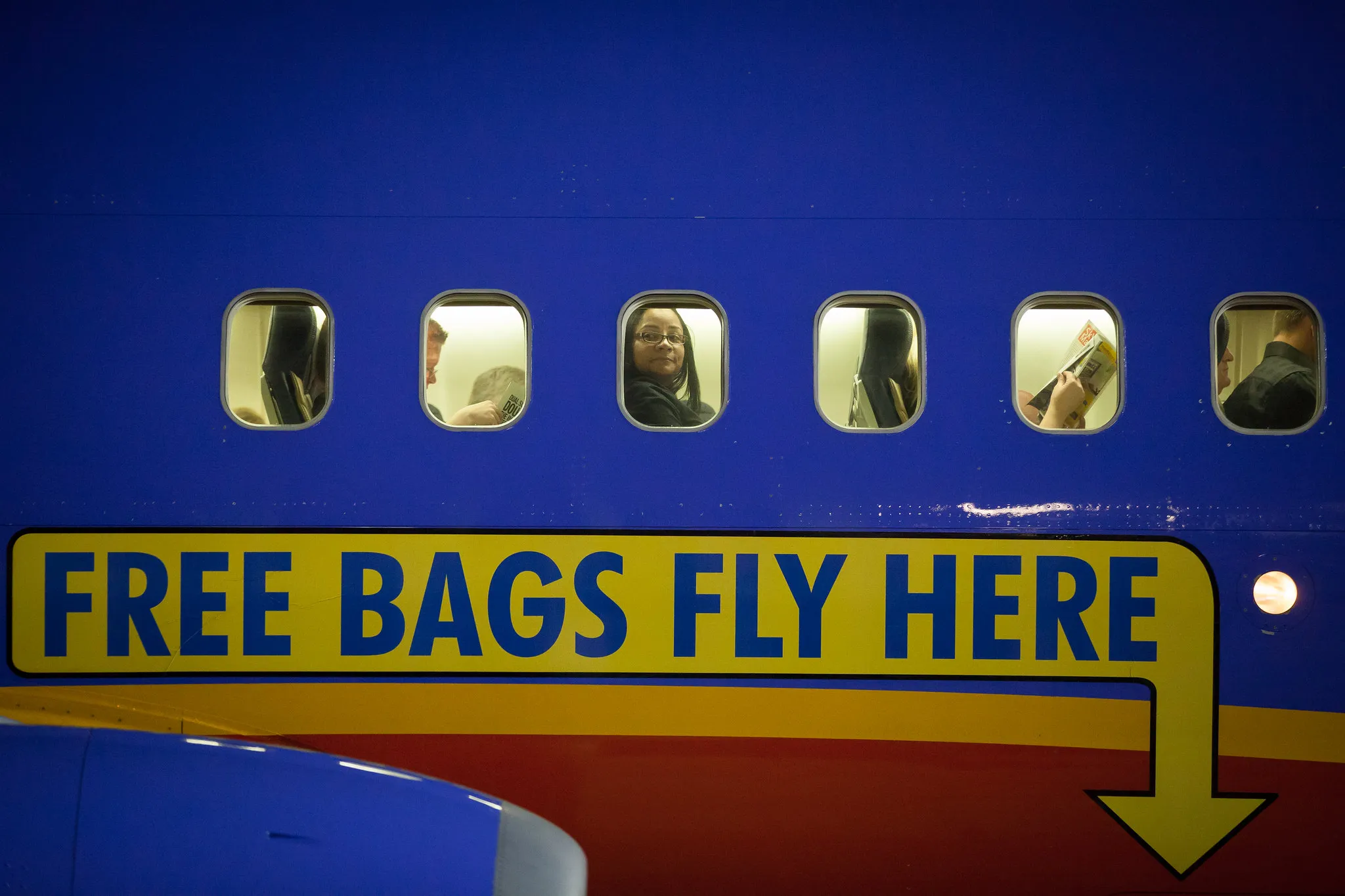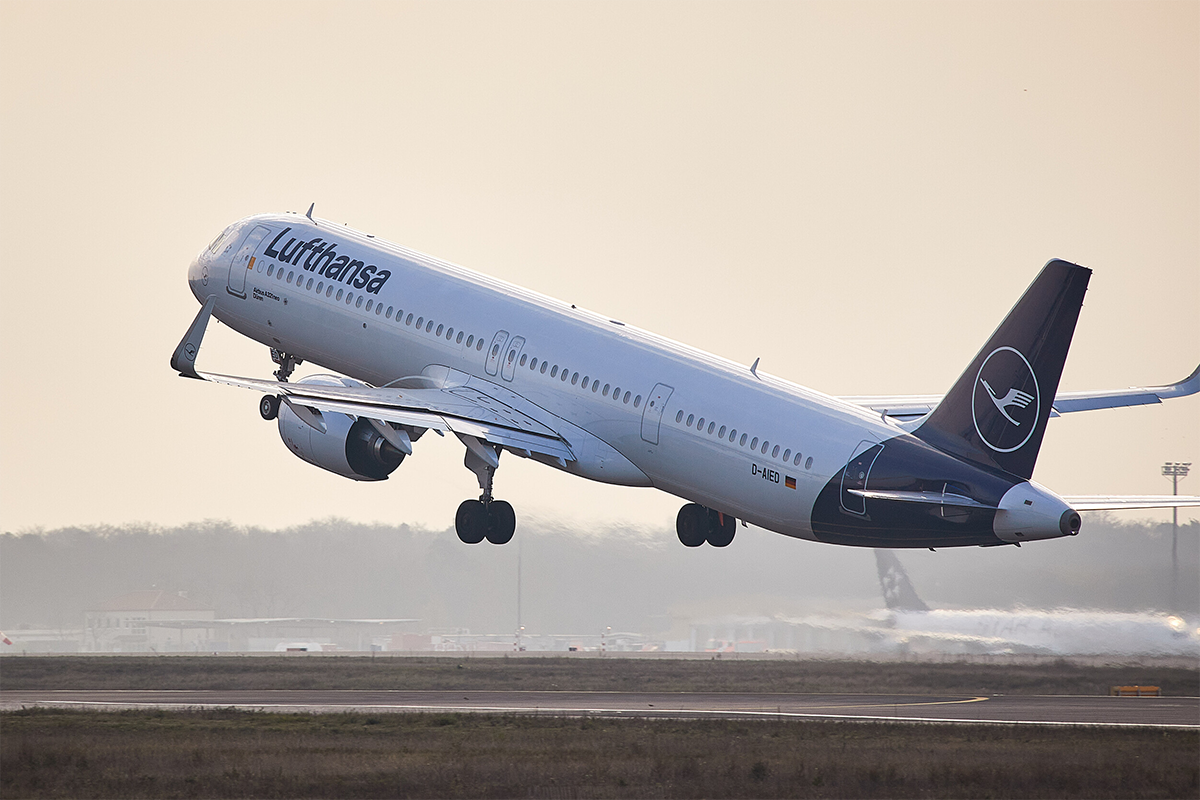The Future of Elephant Tourism Will Be Showcased in This Nepalese Village

Skift Take
An initiative to turn a poor village in Nepal into a high-end destination, if successful, will shine a light not only on how the future of elephant tourism can be, but on the wider, never-ending quest of how best to spread tourism dollars to remote communities.
The vision is to transform Sauraha, a village near Chitwan National Park, into a “very profitable” and “preeminent” observation-only elephant attraction. It will boast fine accommodations and experiences, such as treetop walks, watching elephants in their full lifecycle, and jeep safaris into Chitwan National Park, a preserved area in south-central Nepal that is home to one-horned rhinos and Bengal tigers.
World Animal Protection, with funding from Australia’s Intrepid Group and The Intrepid Foundation, has completed a business plan. It projects an investment of less than $5 million for a two-year transition from elephant riding to a no-touching model at Sauraha, according to a document obtained by Skift. Expected returns may seem overly optimistic: a potential net profit of $1 million to $3 million per annum, on the back of $3 million to $5 million revenue a year. What’s more, net profit is expected to rise “sharply,” in excess of $10 million after the two-year transition.
For a village like Sauraha, where the population is not even 3,000 people and a donation of $400 allows a child to receive a year’s quality education, that’s rich.
“Visitor numbers and spend per trip/visitor are likely to rise significantly under this new elephant-friendly destination model, driven by higher quality and deeper visitor experience, and the resultant longer duration of visitor stay,” the business plan stated.
The animal rights group has to-date successfully switched two small elephant camps in Thailand, ChangChill and Following Giants, from riding to observation-only venues.
But re-making an entire village is something else.
For one, Sauraha’s key tourism offer has long been elephant-back safaris. It has the highest concentration of captive elephants in Nepal, of around 60, and these mammals are owned and managed by 30 to 35 owners under a cooperative. Business professionalism is low. To pivot to a no-touching model and a multi-million dollar attraction should pose a real challenge.
Long-term Survival
But not to pivot might be worse in the long run. According to Julie Middelkoop, who leads World Animal Protection’s global campaign “Wildlife — Not Entertainers,” these owners overall are seeing incomes declining. She attributed this to changing visitor behavior.
“Scrutiny of elephant-riding practices and increased ethical awareness have affected tourism choices, diverting business away from elephant-back safaris, which has resulted in a decline of business in Sauraha,” Middlekoop told Skift. She said a survey of 243 visitors in the area as part of the project’s feasibility study shows that 97 percent are keen to see elephants in their natural environment.
“Other factors contributed to the challenge of sustaining the local tourism industry. For example tourists seeking exclusive sustainable tourism experiences can no longer find what they are looking for in or around Sauraha and have turned to other destinations. Competing destinations are developing elsewhere in Nepal, and at the same time the town is becoming overcrowded with concrete structures and is at risk of losing its charm as a quaint jungle town.
“The result is a decline in revenue that significantly impacts not only the care for the elephants, but also the livelihoods of the local community, the upkeep of the park and surrounding area, and the protection of its wildlife,” said Middlekoop.
The willingness of the elephant owners to come to the table mirrors the issues. According to Middlekoop, the collective has signed a Memorandum of Understanding with World Animal Protection and its local partner, Jane Goodall Institute in Nepal, for the project.
A “knowledge exchange” trip to Thailand has been conducted, where Nepali elephant owners were introduced to best practice models in the kingdom so they could familiarize themselves with elephant-friendly practices.
The project is now at the initial design stage and hopes to trial elements of the new model on a reasonable scale within the Sauraha environment this year. At a later stage it aims to attract funding from investors to develop the project. The Coalition for Ethical Wildlife Tourism, an alliance of travel industry companies globally including Intrepid Group, Airbnb, Booking.com, The Travel Corporation, and TUI, among others, is aware of the project, she said.
“Till now we’ve been working with just one of the coalition members, Intrepid Group and The Intrepid Foundation. The other members are aware of our Nepal work and have received regular updates about the progress. We have also scoped their interest to know who among them want to be more involved when going to the next stage. A number of them have said they are interested in that,” said Middlekoop.
Read Skift’s Deep Dive on The Complicated Business of Saving Elephant Tourism here.




